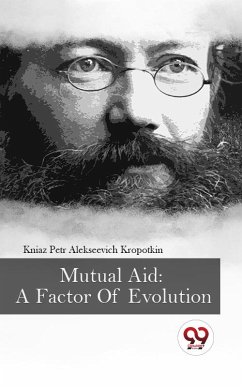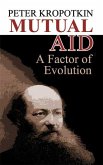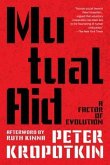Russian naturalist and anarchist philosopher P. Kropotkin published a collection of anthropological essays titled Mutual Aid: A Factor of Evolution in 1902. The essays examine the significance of reciprocal, mutually beneficial collaboration and support (also known as "mutual aid") in both historical and contemporary animal and human civilizations. They were first published in the English periodical The Nineteenth Century between 1890 and 1896. It is a critique of social Darwinism ideas that place a strong emphasis on competition and the survival of the fittest, as well as on romantic notions of cooperation espoused by authors like Jean-Jacques Rousseau. Instead, Kropotkin contends that cooperation has evolved through natural selection along with the conscience and has practical benefits for the survival of human and animal populations. In anarchist communism, Mutual Aid is regarded as a core text. As an alternative to the historical materialism of the Marxists, it offers a scientific foundation for communism. Considered by Kropotkin are the animal kingdom, indigenous and early European communities, the medieval free cities (particularly through the guilds), the late 19th-century village, the labor movement, and poor people. All of these cultures have relied on mutual aid to thrive and survive.
Dieser Download kann aus rechtlichen Gründen nur mit Rechnungsadresse in A, D ausgeliefert werden.









